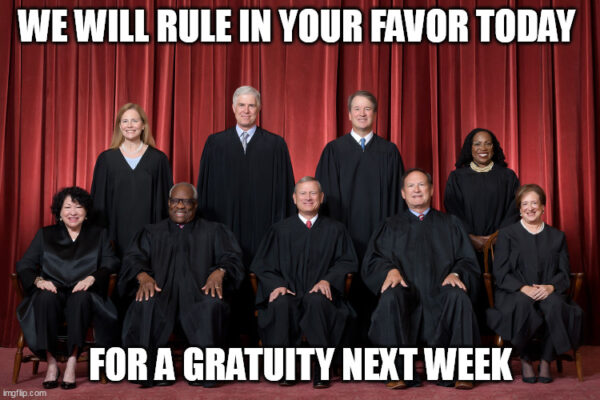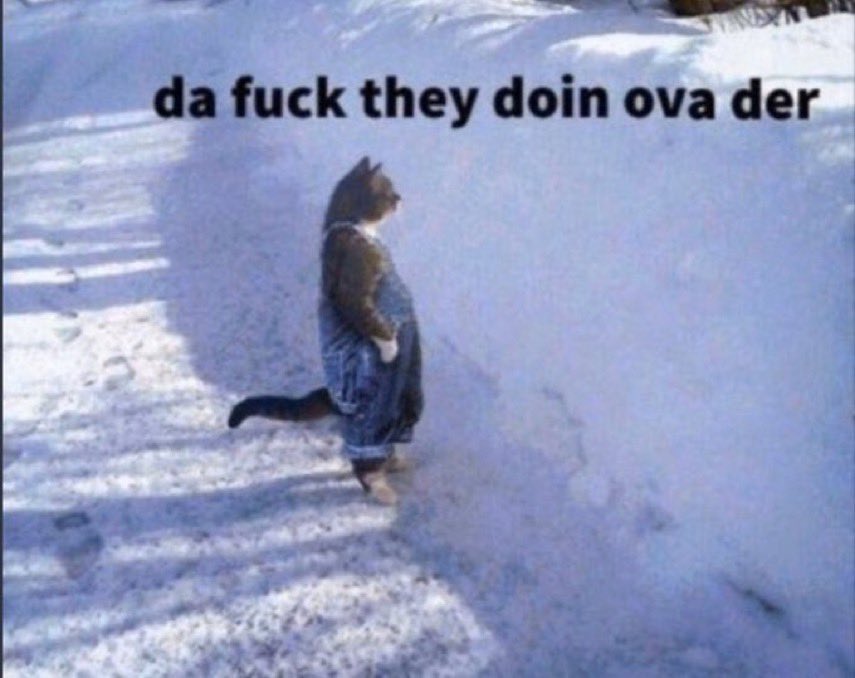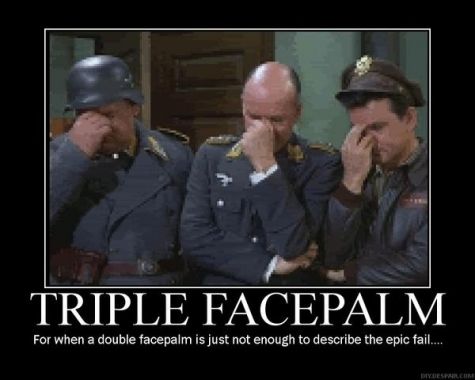(Euronews)
The Supreme Court could restrict Trump’s use of tariffs, challenging his unprecedented trade strategy.
President Donald Trump sees tariffs — or the threat of them — as a powerful tool to bend nations to his will.
He has used them in an unprecedented way, serving not only as the underpinning of his economic agenda but also as the cornerstone of his foreign policy during his second term.
He has wielded import taxes as a threat to secure ceasefires from countries at war. He has used them to browbeat nations into promising to do more to stop people and drugs from flowing across their borders. He has used them, in Brazil’s case, as political pressure after its judicial system prosecuted a former leader allied with Trump. In a recent dispute with Canada, the president also used tariffs as a punishment for a television advertisement.
This week, the Supreme Court hears arguments on whether Trump has overstepped federal law with many of his tariffs. A ruling against him could limit or even take away that swift and blunt leverage that much of his foreign policy has relied on.
Trump has increasingly expressed agitation and anxiety about the looming decision in a case he says is one of the most important in US history. He has said it would be a “disaster” for the United States if the justices fail to overturn lower court rulings that found he went too far in using an emergency powers law to put his tariffs in place.
Trump had said he wanted to take the highly unusual step of attending the arguments in person, but on Sunday said he had ruled it out, saying he did not want to be a distraction.
Narrator: More like they wouldn’t let him!
“I wanted to go so badly — I just do not want to do anything to deflect the importance of that decision,” he told reporters on Air Force One.
The Justice Department, in its defence of the tariffs, has highlighted the expansive way Trump has used them, arguing that the trade penalties are part of his power over foreign affairs, an area where the courts should not second-guess the president.
Earlier this year, two lower courts and most judges on the US Court of Appeals for the Federal Circuit found that Trump did not have power under the International Emergency Economic Powers Act, or IEEPA, to set tariffs — a power the Constitution grants to Congress. Some dissenting judges on the court, though, said the 1977 law allows the president to regulate imports during emergencies without specific limitations.
The courts left the tariffs in place while the Supreme Court considers the issue. Meanwhile, Trump has continued to wield them to pressure or punish other countries on matters both related and unrelated to trade.
“The fact of the matter is that President Trump has acted lawfully by using the tariff powers granted to him by Congress in IEEPA to deal with national emergencies and to safeguard our national security and economy,” White House spokesman Kush Desai said in a statement. “We look forward to ultimate victory on this matter with the Supreme Court.”
Still, White House press secretary Karoline Leavitt said that the Trump trade team is working on contingency plans should the high court rule against the Republican administration.
“We do have backup plans,” Leavitt said on Fox News. “But ultimately…we are hopeful that the Supreme Court will rule on the right side of the law and do what’s right for our country. The importance of this case cannot be overstated. The president must have the emergency authority to utilize tariffs.”
(Business Insider) h/t Jackie
On Wednesday, the Supreme Court is set to hear arguments over whether those tariffs can stand.
If the Supreme Court kicks Trump’s tariffs to the curb, it’ll be taking away one of the most powerful and flexible tools the president has used to pursue his economic agenda. If it lets Trump keep them, it’ll reflect the Supreme Court’s ever-broadening view of presidential power.
To legally justify the “Liberation Day” taxes on American importers, the White House leaned on the International Emergency Economic Powers Act, or IEEPA. The Carter-era law allows presidents to limit international transactions after declaring a national emergency, and has typically been used to justify sanctions.
The Supreme Court is considering whether the IEEPA allows presidents to impose tariffs, a power no previous president has ever claimed. If the court decides yes, it’ll take up a second issue: Whether giving the president this power tramples upon Article I of the Constitution, which says it’s Congress’s job to set and collect taxes and duties.
Those questions give the justices room to choose their own adventure in how they approach the case, according to Rachel Brewster, a professor of international trade at Duke Law School.
If they zero in on the text of the IEEPA, they might be more inclined to uphold the decisions of lower courts, which found the tariffs illegal, she said. If their questions center on national security, things could swing in Trump’s favor, according to Brewster.
“There’s multiple frames,” Brewster told Business Insider. “It’s a mix of all these things — it’s a mix of domestic taxation, it’s a mix of domestic regulation, but it also implicates foreign imports and foreign negotiation. So I think there’s a lot of wiggle room.”
“I think there’s a lot of wiggle room.” God help us all!
Surely at some point even the 6 corrupt members of the Supreme Court have to wake up and realize that if they don’t stop him now, he could set his mobs on them. Thanks to the court’s own corrupt ruling!
How can 6 otherwise smart (even if evil) “justices” not be able to draw a fucking dotted line from one thing to another???
Open thread.
*edited to add the Business Insider quote and to clarify what should be obvious – that I am not talking about the 3 justices who still care about the rule of law.
Will the 6 Corrupt Members of the Court Restrict the Tariffs This Week?Post + Comments (113)




